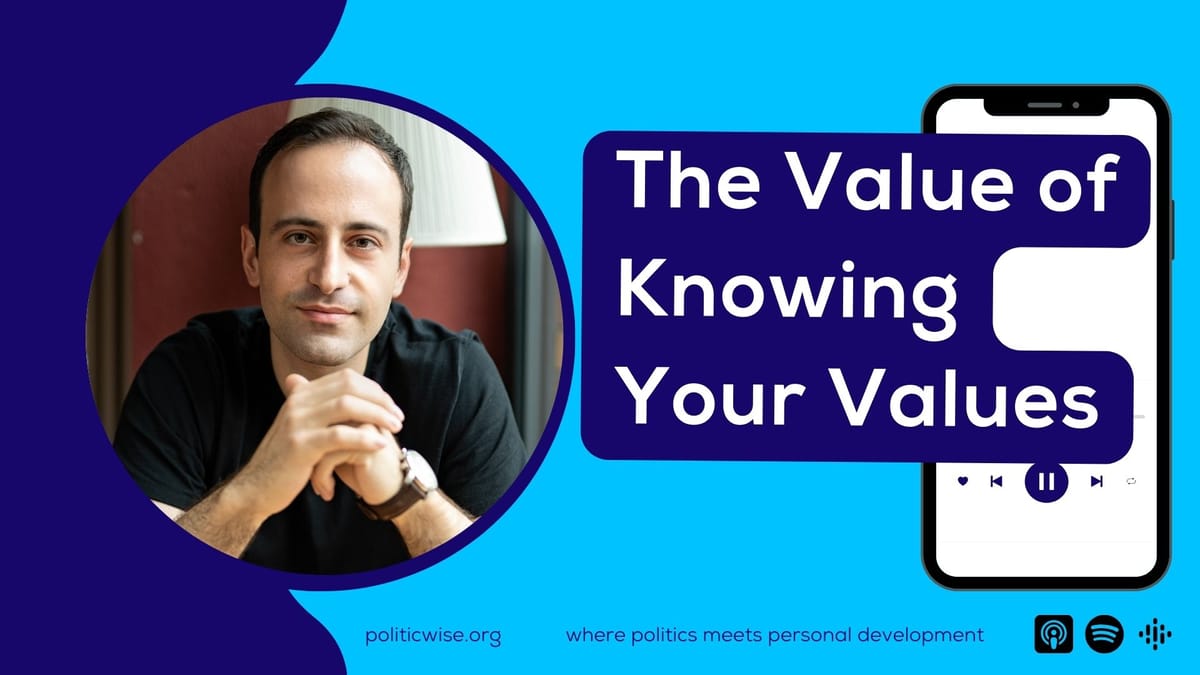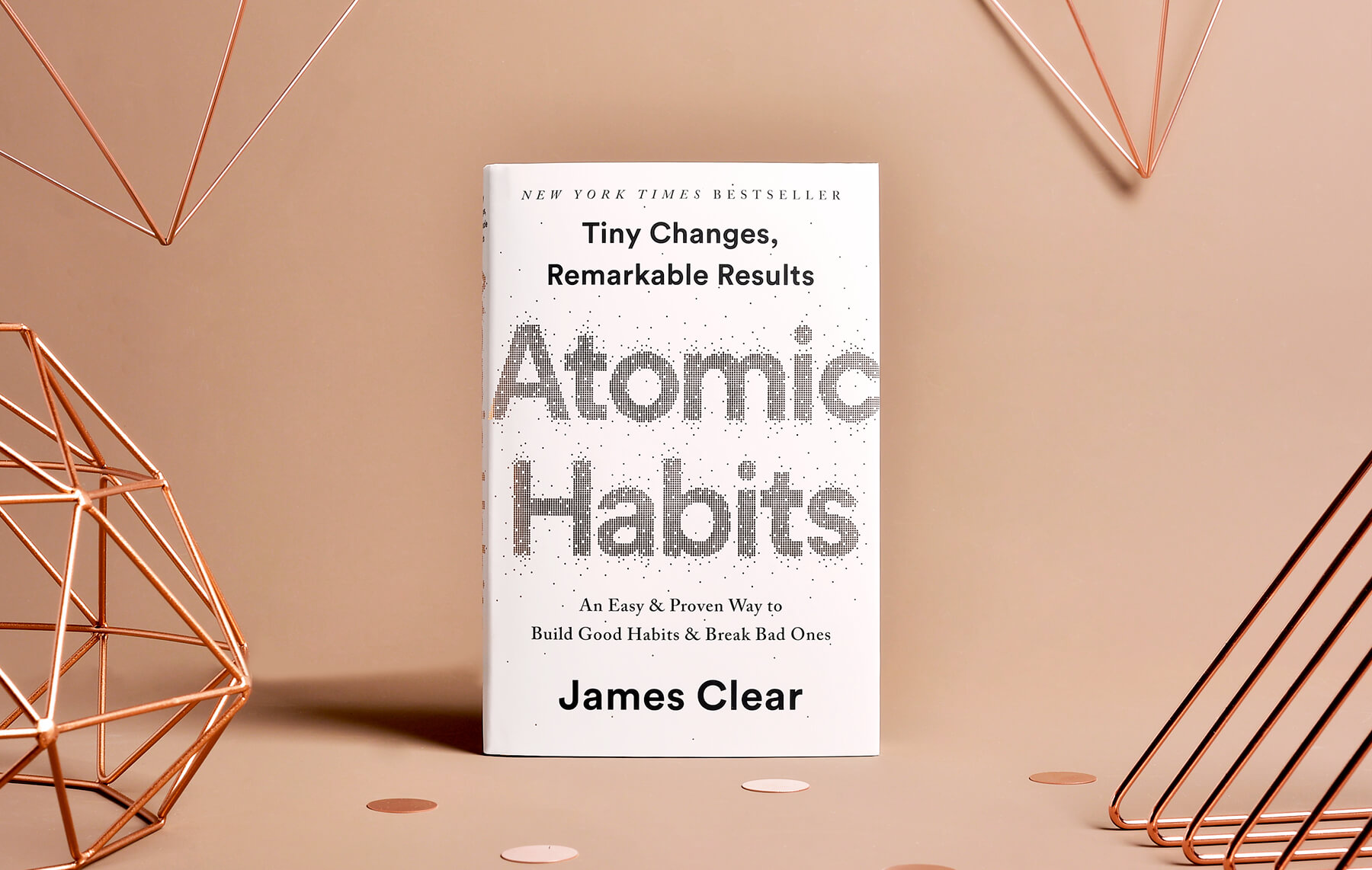I shared 3 motivating facts about habit-building with you in the last newsletter.
Habit-building is easier if you take small steps, build systems and learn its principles.
Here are the 4 principles of habit-building.
- Make the cue obvious (or to break a habit: make it invisible) - TODAY'S FOCUS
- Make the craving attractive (or to break a habit: make it unattractive)
- Make the response easy (or to break a habit: make it difficult)
- Make the reward satisfying (or to break a habit: make it unsatisfying)
Let's break down the 1st principle: make it obvious.
Make the unconscious obvious
- What habits do you currently have? Making a list of your habits, and marking each as positive, negative or neutral, is a simple way to create awareness. It's exactly the 'undercover' nature of habits that makes them powerful - powerfully working for or against you. An inventory like this sheds light on them. From here, you decide which habits to improve, leave alone or break.
- Another way to make habits obvious: pointing-and-calling. Metro conductors in Japan point to and call out a green light or an empty platform. It may look silly, but it has purpose: it's to point attention to what you might otherwise miss as part of your routine.
So, let's say your negative routine is to doom-scroll on social media. Point and call attention to it: ‚I am picking up my phone, opening up Instagram and starting to scroll‘
Start a new habit by being specific
- Set an Implementation intention: "I will do BEHAVIOUR at TIME and PLACE". Most intentions fail because they are too vague: "I will meditate more" - time and place are the most obvious cues, so be clear about the when and where, and that will be the cue for your behaviour.
- Habit stacking: "After CURRENT BEHAVIOUR, I will do NEW BEHAVIOUR". Make your current behaviour a cue for a new behaviour. When you're regularly closing your laptop for lunch that could be a cue for a new behaviour.
Use your environment as cue
Motivation is overrated; our environment is often more important.
Shape your environment to create the cues for the habits you want. Have dedicated spaces for specific tasks/areas of life.
Entirely new environments can often help build new habits. It doesn't have to be a new flat or office; can you find a dedicated spot in your room for a new behaviour, a spot that is not already linked to another activity (like binging Netflix).
Would you like more bite-sized habit-building insights? Let me know below with 👎 or 👍.
🎙️ My latest podcast
🚀 NEW Episode. Knowing your values really is a super-power. 5 benefits: clarity, confidence, conviction, convincing communication, conflict resolution.
I break these down and share exercises & materials in the latest episode 👇

📚 What I read & listen to

🖋️ My favourite quote
"'No one is f** king watching you' - the spotlight effect" - unknown

